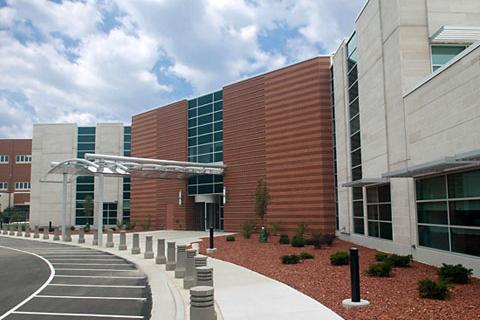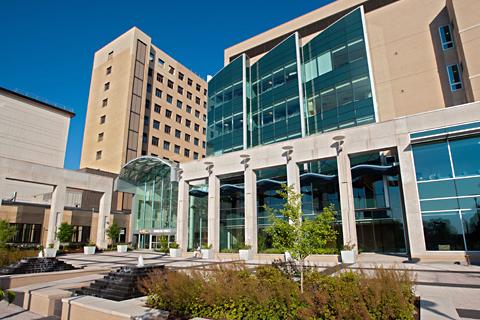VA Pittsburgh health care
At VA Pittsburgh Healthcare System, our health care teams are deeply experienced and guided by the needs of Veterans, their families, and caregivers. Find a health facility near you, and manage your health online. Sign up for community events and updates.
Locations
H. John Heinz III Department of Veterans Affairs Medical Center

Pittsburgh VA Medical Center-University Drive

Manage your health online
In the spotlight at VA Pittsburgh health care
Stories
VAPHS Research Staff Receive Inaugural National LGBTQ+ Awards
Two VA Pittsburgh Healthcare System (VAPHS) research team members are among the first recipients of a new national award through VA’s LGBTQ+ Health Program Office.

Events
Monroeville VA Clinic to host Military Sexual Trauma VBA Claims Clinic
8:00 a.m. – 4:00 p.m. ET

